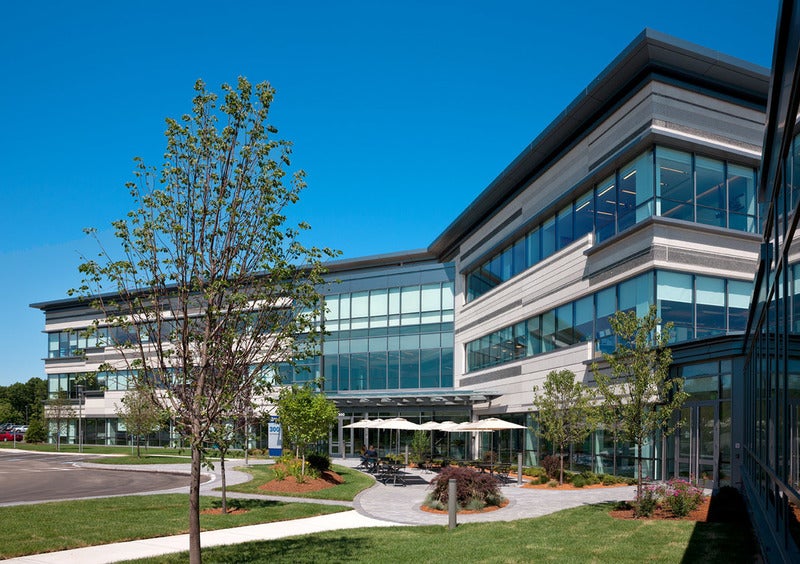
Boston Scientific has closed the acquisition of spine solutions maker Vertiflex for an upfront cash payment of $465m.
Announced last month, the deal includes additional payments based on commercial milestones for the next three years.

Discover B2B Marketing That Performs
Combine business intelligence and editorial excellence to reach engaged professionals across 36 leading media platforms.
Vertiflex has developed the minimally invasive Superion Indirect Decompression System to help improve physical function and decrease pain in patients suffering from lumbar spinal stenosis (LSS).
Completion of the transaction will add Vertiflex’s interspinous spacer to Boston Scientific’s pain management portfolio, which additionally comprises spinal cord stimulation and radiofrequency ablation solutions.
Boston Scientific Neuromodulation president Maulik Nanavaty said: “The addition of the Vertiflex procedure to our pain management portfolio advances our pain category leadership strategy, while also providing physicians with additional non-opioid pain management solutions that can help improve the lives of the growing number of patients suffering from chronic pain.”
Vertiflex is focused on developing advanced, less invasive treatments for lumbar stenosis.

US Tariffs are shifting - will you react or anticipate?
Don’t let policy changes catch you off guard. Stay proactive with real-time data and expert analysis.
By GlobalDataLSS involves the narrowing of the spinal canal that could lead to compression of surrounding nerves, resulting in low back and leg pain, disability, functional impairment and impact on quality of life.
The Superion system is designed to generate space between the vertebrae’s spinous processes in order to reduce pressure on the nerves and improve patient mobility, as well as relieve pain, numbness and cramping in the legs.
Vertiflex assessed the device in a Superion US investigational device exemption (IDE) clinical trial that enrolled 470 patients at 29 sites. The study had a 24-month follow-up and annual checks over 60 months.
According to the results, Superion led to significant relief from spinal stenosis symptoms.





